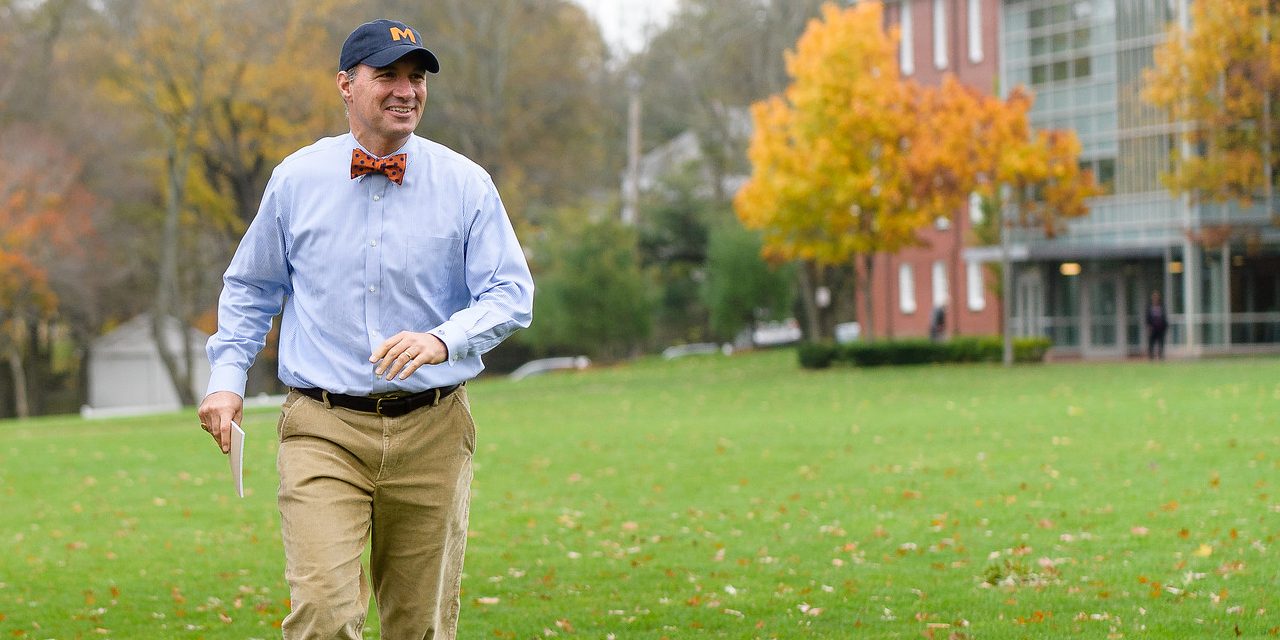
How Do We Know?

by Todd B. Bland
These are challenging times for discerning truth. We know that facts and data—proof and substantiation—matter as we determine what to believe. But how do we find an element of truth in situations that lack clarity, are ambiguous, or are deeper than what meets the eye? How do we choose to position aspects of our life that are neither all good nor all bad? Whether you’re looking at individuals, or institutions like Milton, that are multifaceted and complex, universal truths cannot always be easily deduced. They may not even exist. Groups of people, whether organizations, political parties or schools, are defined by the collective actions of heroes or villains in the moment: decisions, responses, successes and failures.
Acknowledging ambiguity or nuance is not a symptom of being soft, weak or undiscriminating, rather it is acknowledging the state of our lives. Proclaiming simple realities when you confront a highly complicated set of circumstances is problematic. I always advise students to “be very careful of simple solutions for complex problems.”
This is not to say that ambiguity is the only state. Some claims are indeed lies and others are truths. Good and evil do exist. Some life situations and relationships are healthy and others are unhealthy. What are these situations in your life? My hope for everyone is that you are able to connect your life to good and healthy entities. At this time, we need to be both optimistic and pragmatic, both idealists and realists—a challenging proposition. As a School, Milton needs to help our students navigate this balance and teach them how to discern reality.
What about Milton? We are a School that takes pride in our approach to diversity and inclusion; yet, we continue to grapple with the inevitable conflicts that arise in diverse communities. Our mission and power is derived from the appropriate close relationships between students and teachers; yet, the School has had to confront chapters in our history when some teachers abused students. I hope that we, at Milton Academy, strive for a fair and honest assessment of what is humanly possible. To stay true to who we are, we must be committed to our principles and at the same time stay open-minded and alert, not complacent or self-satisfied. So much is achievable when an individual or institution strives to be at its very best, even with imperfections.
Milton is an amazing institution: the sum total of thousands of friendships, hero teachers, transformative moments, acts of generosity, undying humility, diversity of all kinds, and noble efforts. These are all defining. Yet, we are imperfect and must own up to our human frailties and hundreds of well-intentioned mistakes. Aiming for perfection without a sense of honesty and humility can lead to a life of sadness and disappointment. Never ever give up on a person, a family, a school or any organization important to you, because you recognize an element of imperfection. Instead, we should all work toward changing what we can for the better, as well as honesty and awareness in all relationships.




